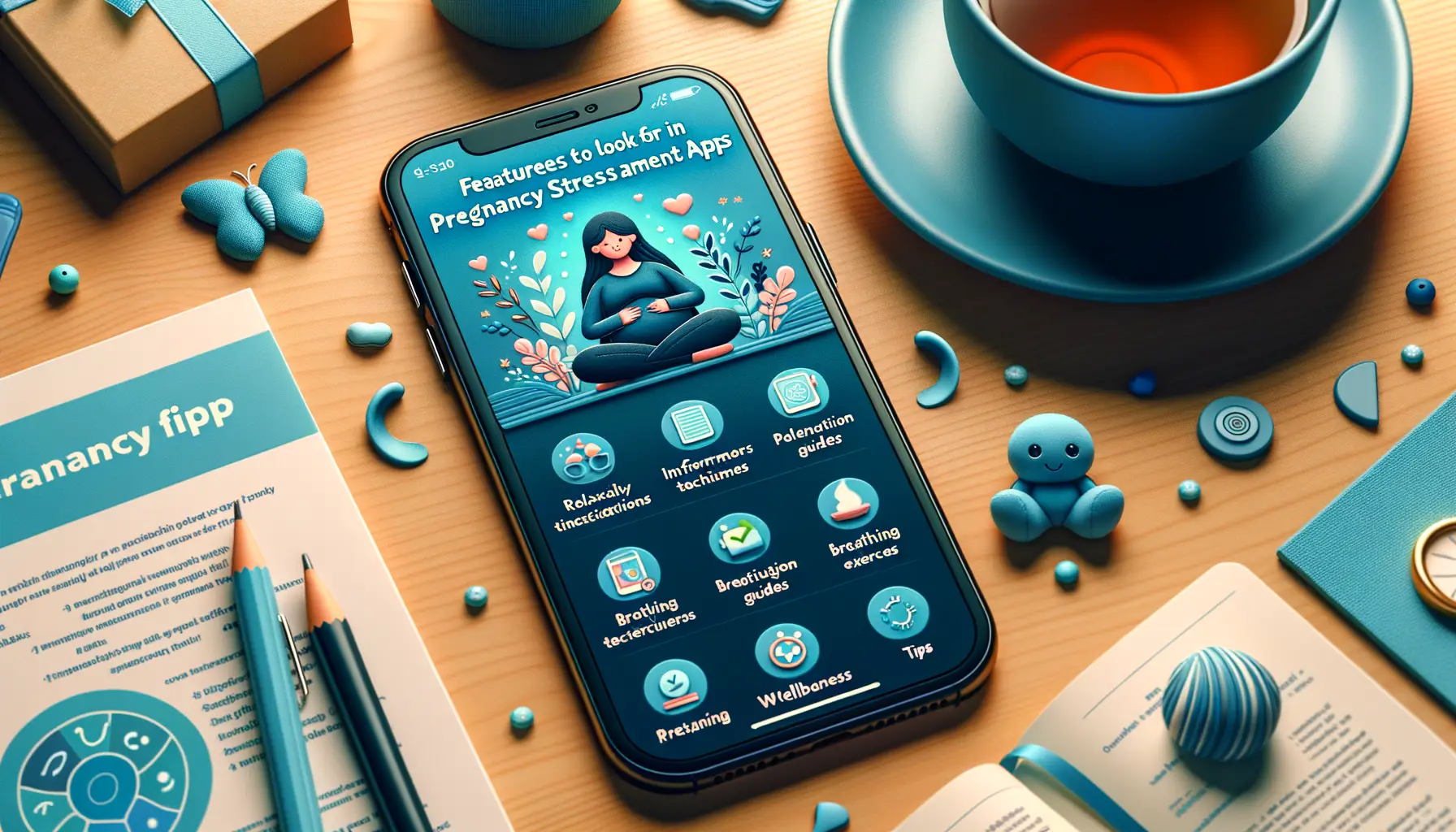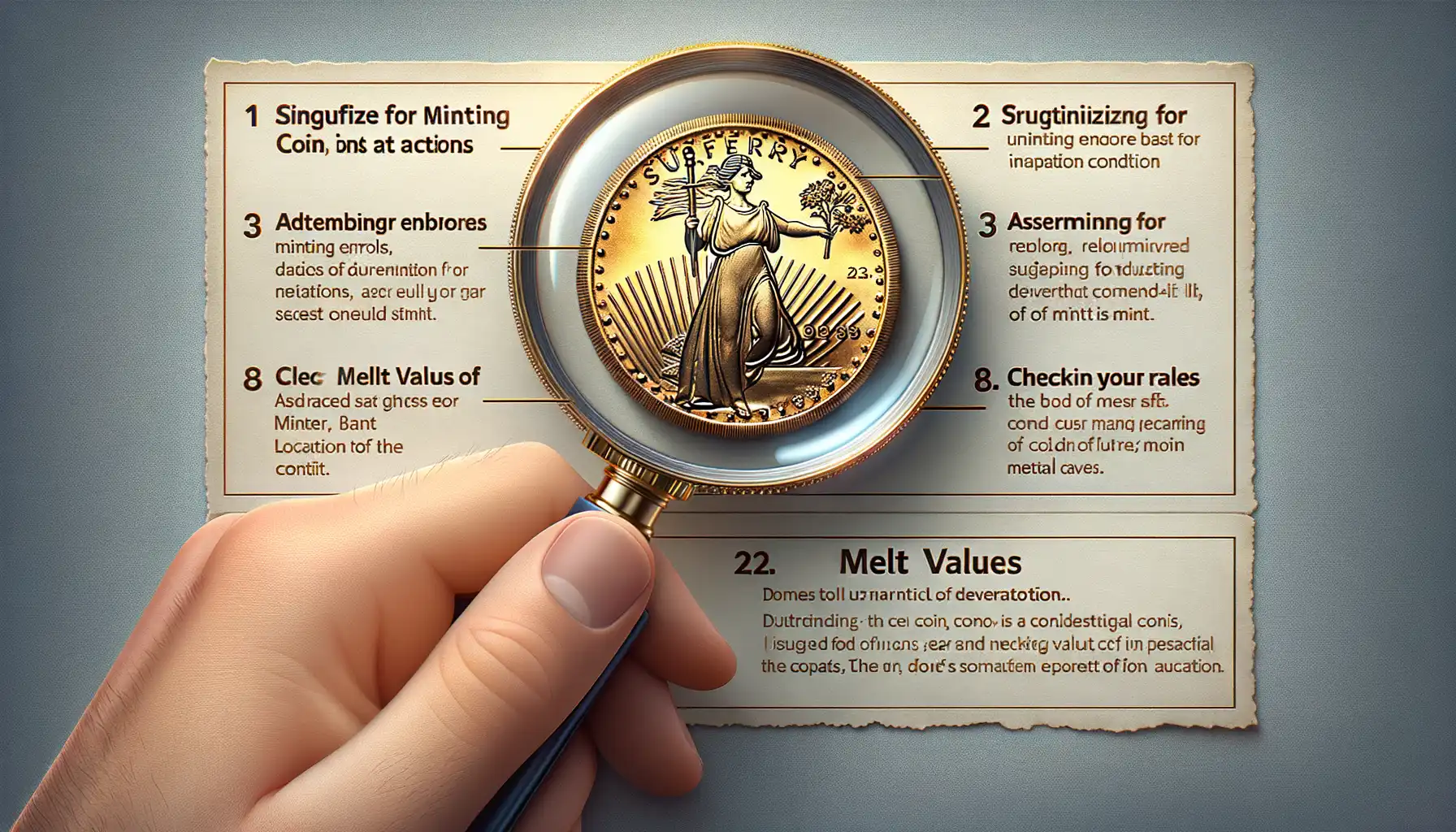Introduction to AI in Genetic Screening
Imagine being able to peek into the very blueprint of life itself—your DNA—and uncover vital clues about your health. Genetic screening has given us this superpower, but it’s not without its puzzles. The human genome is astonishingly complex, with billions of data points that often feel like trying to decipher a cosmic crossword puzzle. This is where the magic of Artificial Intelligence (AI) steps in, turning what was once overwhelming into something actionable, precise, and deeply personal.
Why AI Feels Like a Perfect Match for Genetic Screening
If the genome is like an intricate map of possibilities, then AI is the brilliant navigator we desperately need. Traditional methods of analyzing genetic data are powerful, but they struggle when overwhelmed by vast amounts of information. Enter AI, with its ability to sift through immense datasets at lightning speed, detect patterns invisible to the human eye, and predict outcomes with eerie accuracy.
To put it simply, AI doesn’t just crunch numbers; it tells a story. For instance, instead of vaguely pointing to potential health risks, it could highlight that you carry a specific genetic marker for hereditary heart disease. Even more exciting? AI can recommend personalized intervention strategies before the problem starts knocking at your door.
A Peek Into AI’s Toolbox
- Machine learning algorithms: These powerhouses learn from past genetic datasets to make predictions about future outcomes.
- Natural language processing (NLP): It helps decode the mountains of genetic research available, making insights more accessible than ever.
Think of these tools as Sherlock Holmes and Watson, solving mysteries locked away inside our genes. But instead of hunting down criminals, they’re helping us hunt down potential health risks—and arm ourselves with knowledge.
How AI Algorithms Enhance Genetic Data Analysis
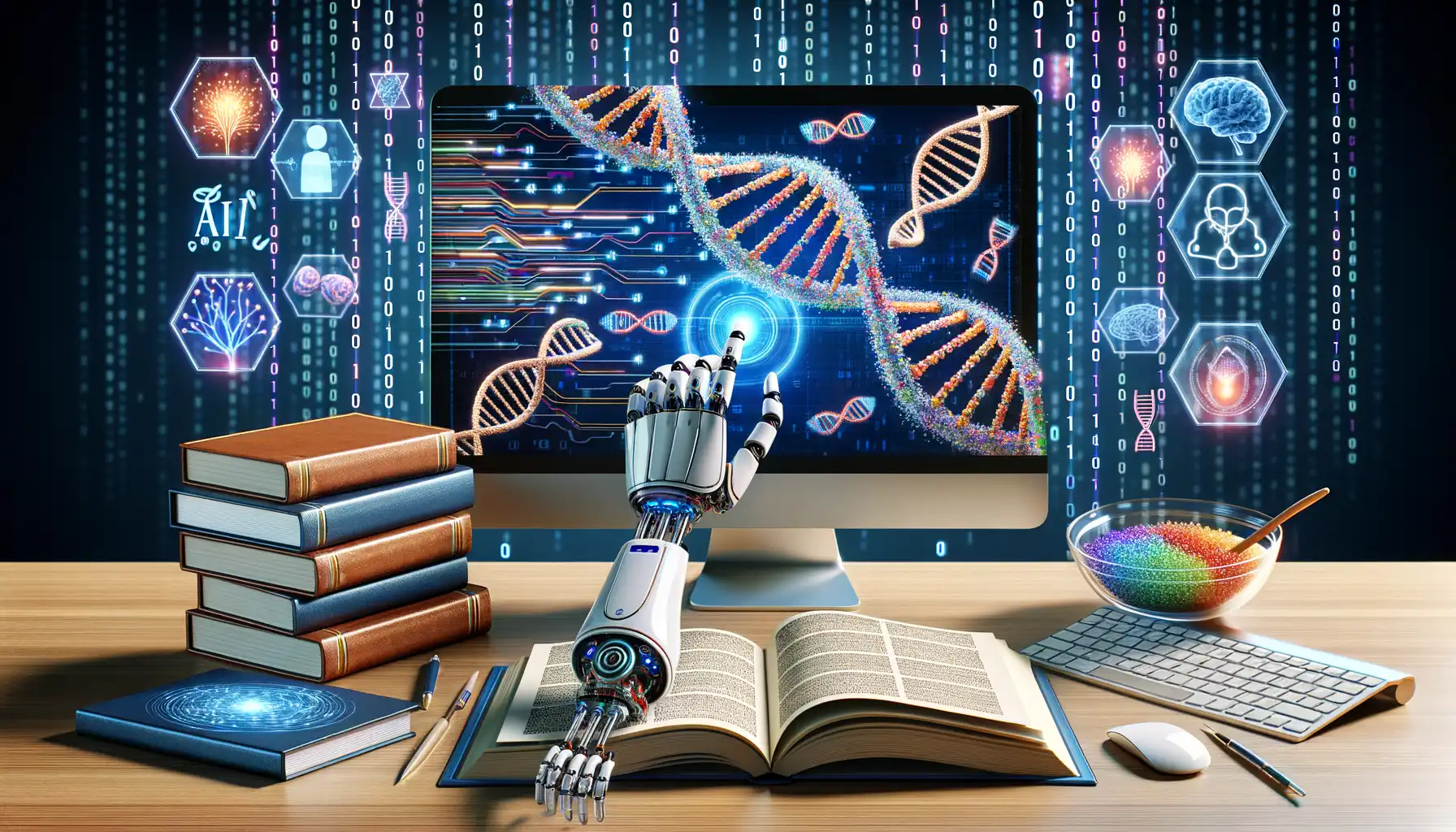
Unraveling Genetic Mysteries with AI Precision
Have you ever marveled at how vast and intricate your genetic makeup is? It’s like gazing up at a night sky packed with stars—each gene, a tiny yet mighty beacon holding the secrets of who we are. But decoding that complexity? It’s not a job for spreadsheets or guesswork. That’s where **AI algorithms** step in, like expert astronomers mapping out constellations.
By sifting through mountains of data in the blink of an eye, AI doesn’t just “analyze” genetic information—it transforms it. Imagine trying to spot a single grain of salt in a sandbox. AI can do just that by detecting subtle patterns in DNA sequences, patterns often invisible to the human eye.
Here’s the real magic: AI doesn’t stop at identifying patterns. It predicts outcomes, helping researchers detect genetic predispositions to diseases like **cystic fibrosis** or **breast cancer** long before symptoms appear. Its speed and reliability give labs and clinicians tools they’ve never had before, bringing clarity to what once felt like chaos.
AI-Powered Tools That Revolutionize Analysis
Some of the most breathtaking advancements come from specific methods AI uses:
- Deep learning: Mimicking the human brain, it identifies genetic anomalies by analyzing massive amounts of structured and unstructured data.
- Natural language processing (NLP): Helping make sense of endless genetic research articles and medical records.
- Clustering techniques: Grouping genes with similar behaviors, uncovering relationships we didn’t even know existed.
It’s not just science; this is storytelling on a molecular level. Every gene has a voice, and AI ensures none go unheard.
Applications of AI in Genetic Screening
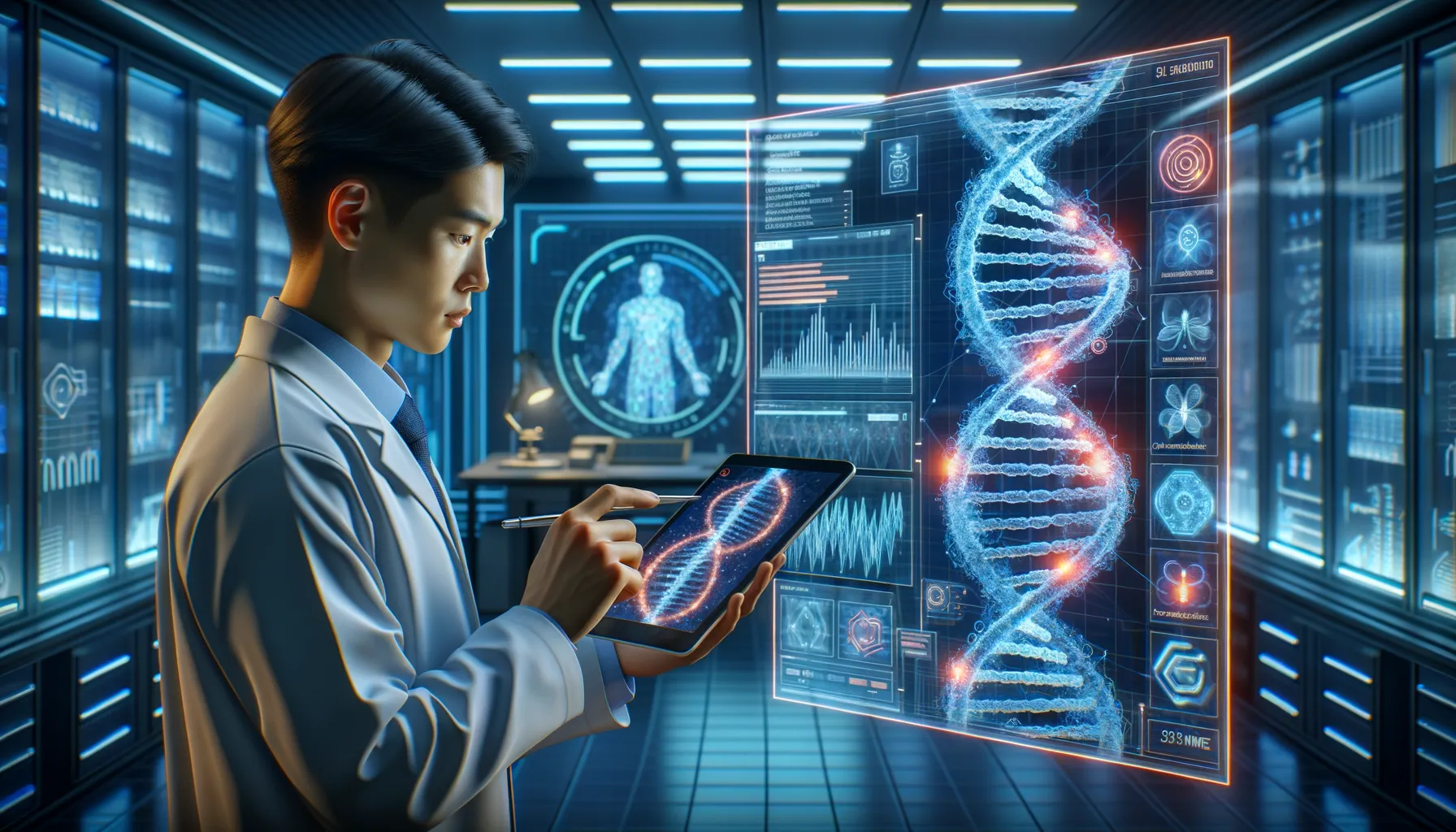
Transforming Preventive Healthcare with AI
Imagine having a personal health detective, tirelessly analyzing your genetic code to uncover potential risks before they even become a concern. That’s the magic of AI in genetic screening. It’s not just science fiction—it’s happening right now.
With powerful algorithms crunching vast amounts of data, AI is revolutionizing how we detect predispositions for conditions like cancer, cardiovascular diseases, and even rare disorders. For example, AI tools can pinpoint subtle gene mutations that a human eye—or even traditional software—might overlook. The result? Earlier interventions, personalized care, and, ultimately, saved lives.
Here’s where it gets even more fascinating: AI doesn’t stop at detection. It’s paving the way for precision medicine by tailoring treatments based on your unique genetic makeup. Got a gene mutation that puts you at risk for diabetes? An AI-powered system can recommend lifestyle changes or flag specific therapies that would work best for you.
- Carrier screening: Helping identify if you’re a carrier for hereditary conditions, from cystic fibrosis to Tay-Sachs disease.
- Embryo selection: In IVF procedures, AI assists in selecting embryos with the healthiest genetic profiles.
When you think about it, AI isn’t just working with our genes—it’s rewriting the playbook for preventive healthcare.
Challenges and Ethical Considerations

Walking the Tightrope: Challenges in AI-Driven Genetic Insights
Picture this: AI algorithms combing through genetic data at lightning speed, uncovering potential health risks before symptoms ever appear. Sounds like science fiction, right? But here’s the catch—this innovation isn’t without its bumps in the road. One major challenge is ensuring accuracy. Even the most brilliant AI model can produce false positives or negatives, which could send patients on a rollercoaster of unnecessary stress—or worse, a false sense of security.
And then there’s the infamous “black box” problem. How many of us fully understand how AI reaches its decisions? Doctors and researchers alike face the daunting task of deciphering these digital whispers into actionable insights. If an algorithm flags a gene as high-risk, but no one knows *why*, trust in the system begins to erode.
Where Ethics Meets Innovation
Ethics in AI feels like balancing on a seesaw: exhilarating but perilous. For starters, how should genetic data be stored? Who owns it—patients, companies, or humanity as a whole? And let’s not ignore potential misuse. Imagine finding out a company sold your genetic tendencies to insurers. Shocking? It’s not far-fetched.
Some pressing ethical quandaries include:
The promise is dazzling, but the execution demands *human-led* vigilance every step of the way.
Future Trends in AI-Powered Genetic Screening
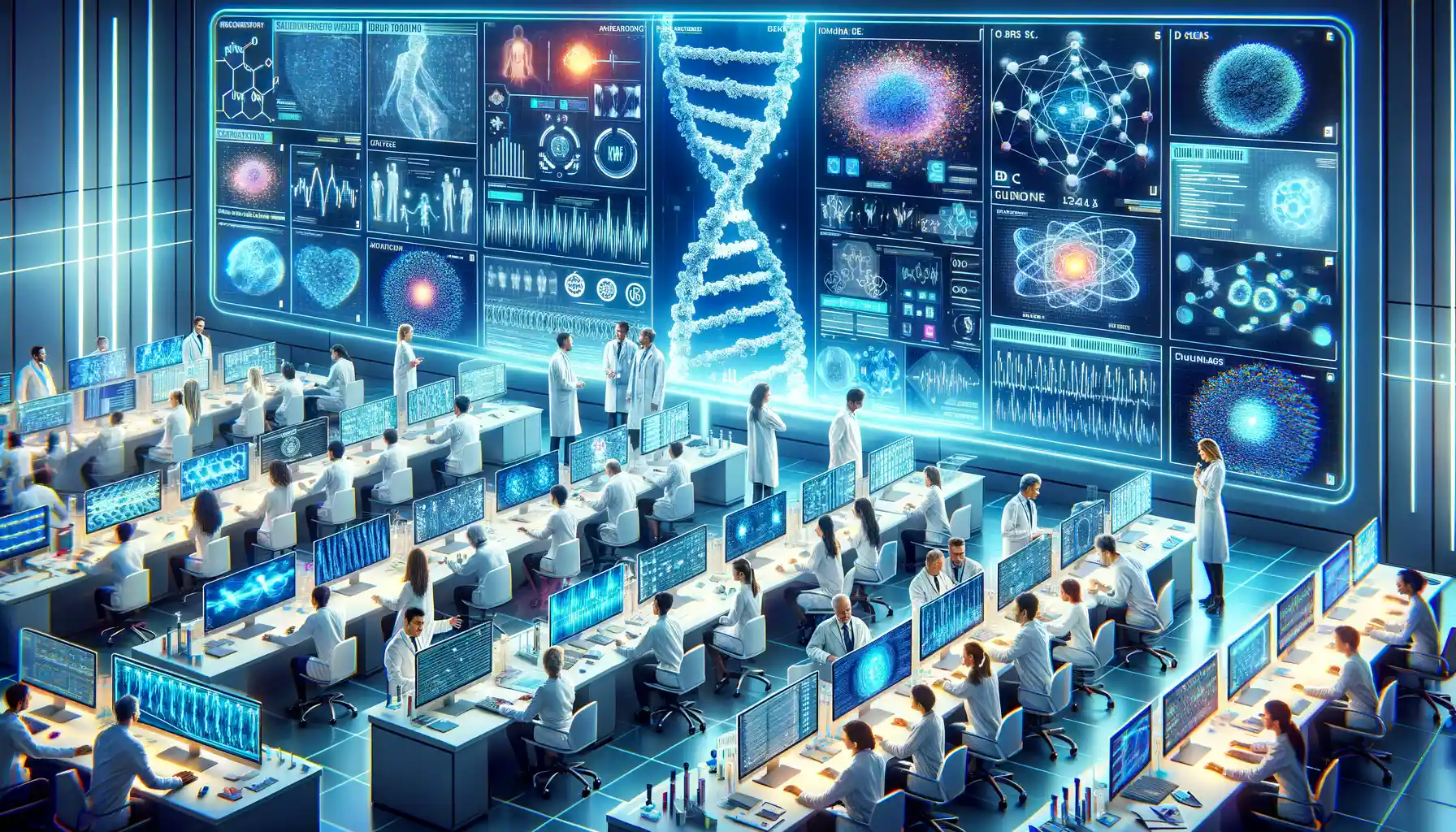
The Cutting-Edge Horizon of AI and Genetic Insights
Imagine a future where unlocking the secrets of your DNA feels as seamless as reading tomorrow’s weather forecast. That’s what emerging trends in AI-powered genetic screening promise—a world where predictive, personalized healthcare is redefined.
Artificial intelligence is no longer just “smart”; it’s becoming intuitive. Picture this: AI will soon predict not just diseases but how your body might respond to specific treatments based on your unique genetic code. No more one-size-fits-all medicine. Tools like advanced machine learning models and neural networks are evolving to detect intricate gene patterns that human analysis might miss.
- Real-time screenings: Imagine getting results analyzed and decoded in minutes rather than weeks.
- Proactive care: Spotting undetected predispositions before they become full-blown conditions.
- Enhanced precision: Reducing false positives and negatives with razor-sharp accuracy.
Bridging Gaps with Collaborative AI
The future also lies in deeper connections—between people and machines, between researchers and their data. Think about collaborative cloud systems powered by AI. These systems will let global researchers share insights in real time, cutting research timelines dramatically. Want another wow factor? Algorithms may soon recommend lifestyle changes tailored down to your specific DNA sequence.
The result? A revolution in health possibilities. Fasten your seatbelt; the genetic future is here!



